
In Memoriam to my beloved daughter, Roxanne Shorrock, who passed away on March 17th. Angels have laid her away and I and my famiy and friends are in deep sorrow.

In the wake of a new film and the publication in Korean of the Cherokee Files, Hankyoreh has reported on Washington’s shifting perception of Chun Doo Hwan’s 1979 mutiny. The internal coup caused a temporary rift in U.S.-South Korean relations but was papered over by the Carter administration. UPDATED.
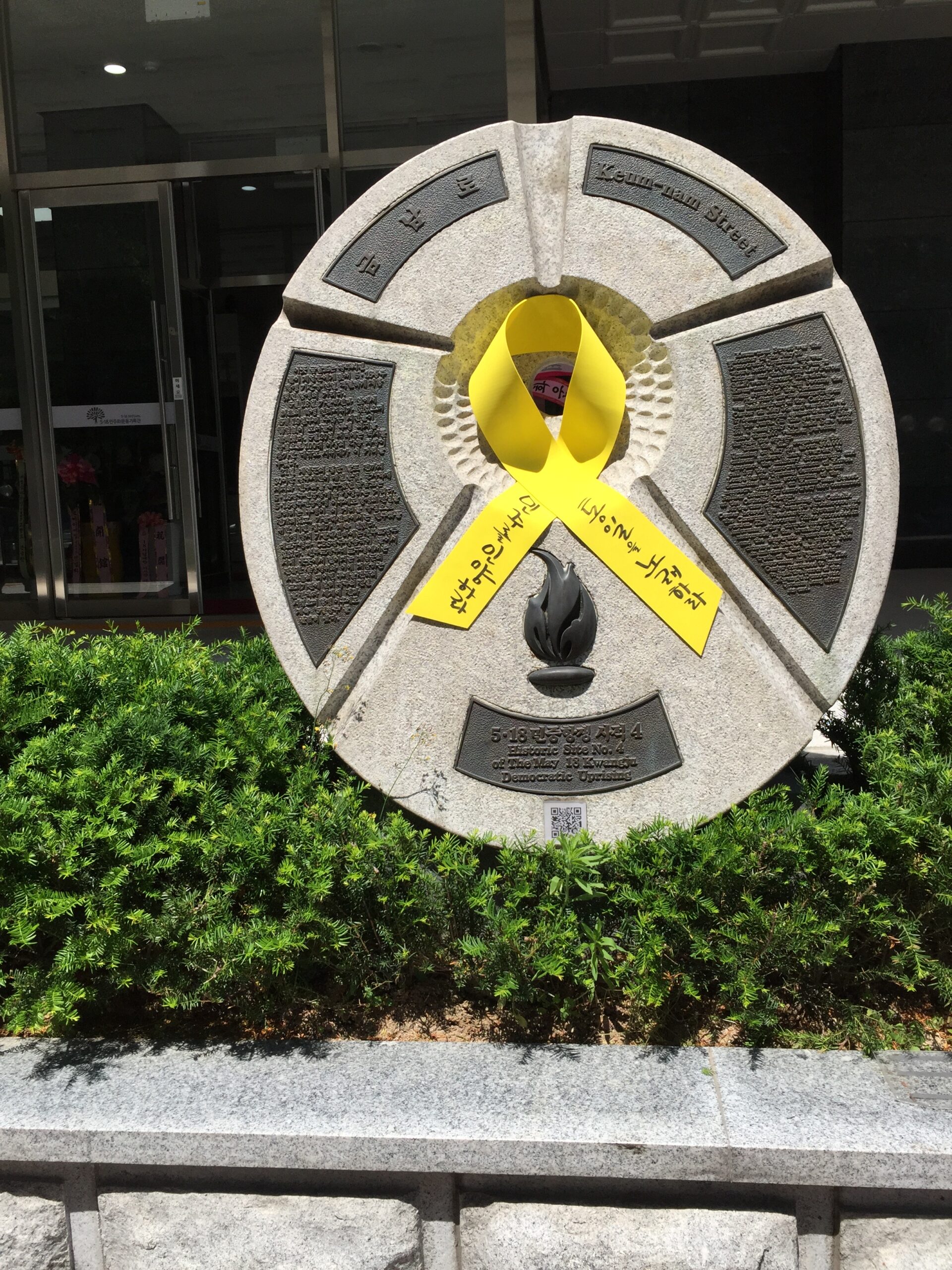
On September 11th, I was a panelist with the Korean historian Ingu Hwang for a seminar on South Korea's democracy, past and present, sponsored by Massachusetts Peace Action. Professor Hwang wrote a great book, Human Rights and Transactional Democracy in Korea, about the international support for the Korean democracy movement in the 1980s, in which I played a part.
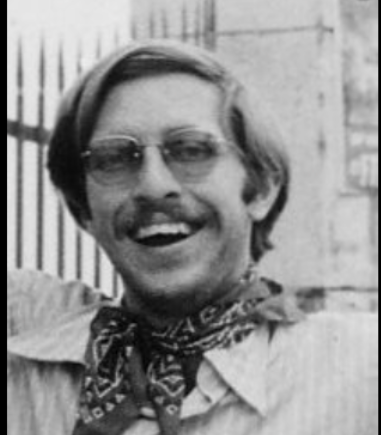
One of the most memorable characters in the film "Missing" is Frank Teruggi, who was murdered by the Chilean military in the Santiago Stadium in the days after General Pinochet's coup on September 11, 1973. I just published a series of letters between Teruggi's father, a member of the Chicago Typographical Union, to AFL-CIO President George Meany seeking information about the death of his son. Who did Meany ask? Henry Kissinger, the man who helped plan the coup.
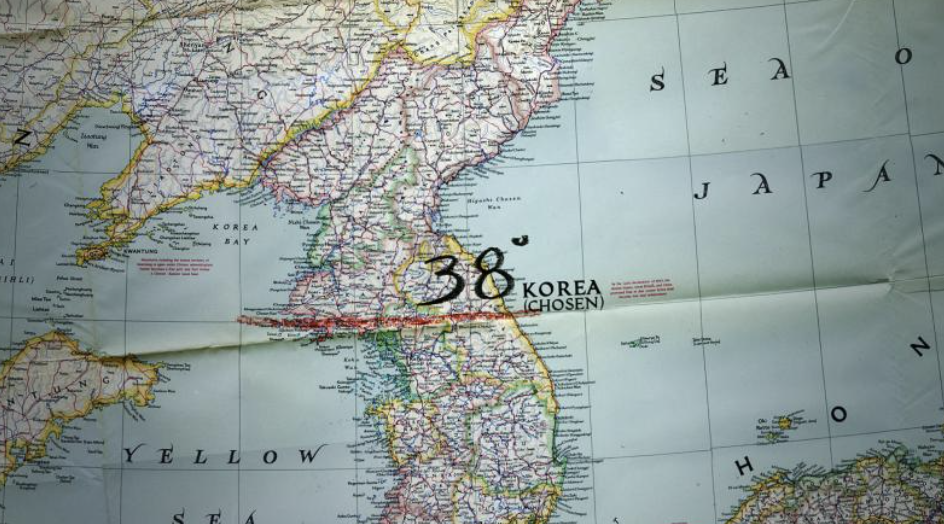
24 hours after Nagasaki, the U.S. divided Korea in half. Bruce Cumings, the leading historian of the Korean War, has called Truman's directive the “first act of containment." In fact, it was the opening salvo of a Cold War that would soon engulf Korea and the rest of Asia and, five years later, explode into another full-scale conflict.
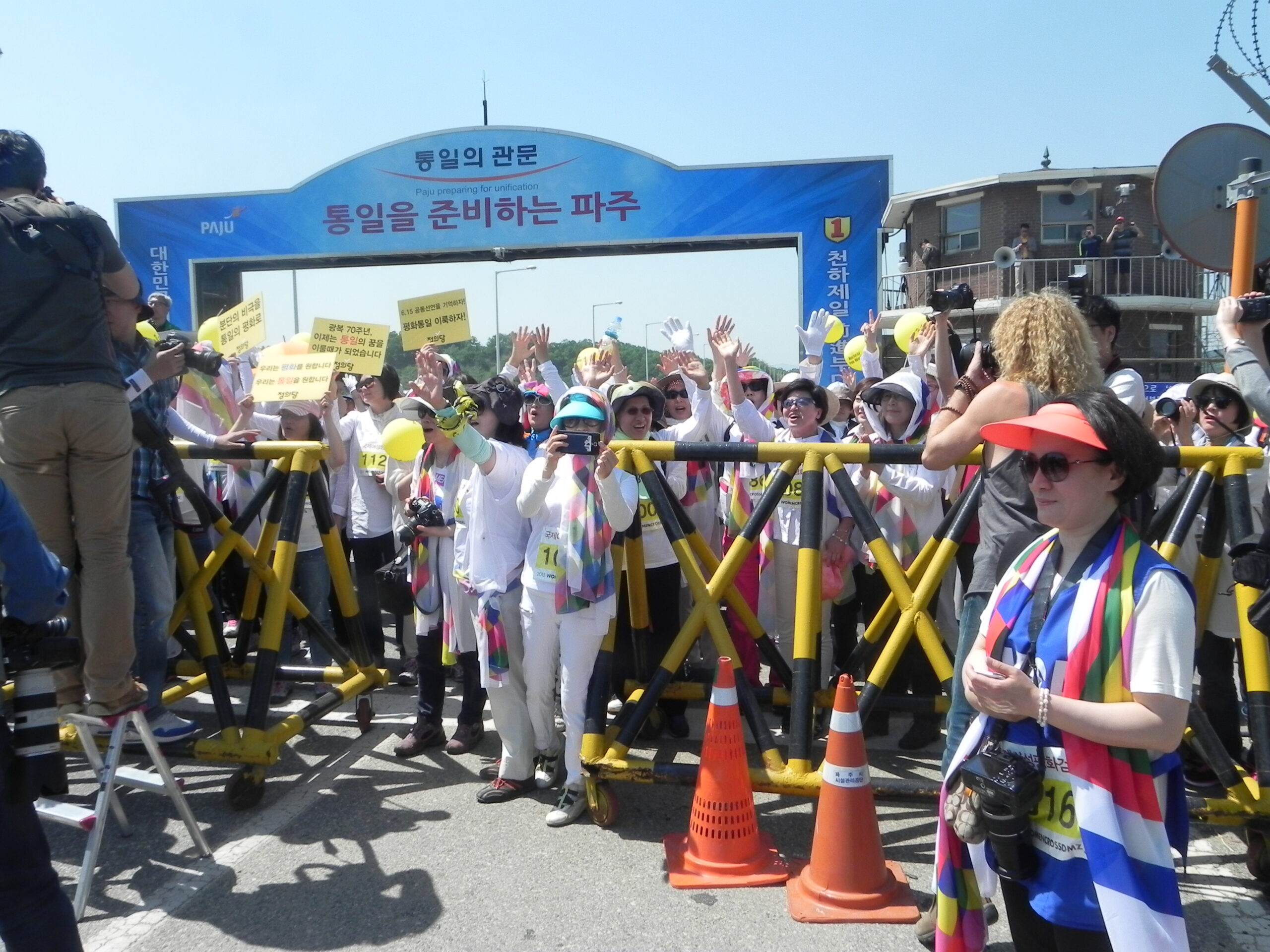
Many of you have seen Crossings, the film from Deann Borshay Liem about Women Cross DMZ and their historic walk from North to South Korea in the spring of 2015. I was there as a reporter, and publish here for the first time my full photo journal of that moving and highly symbolic event.
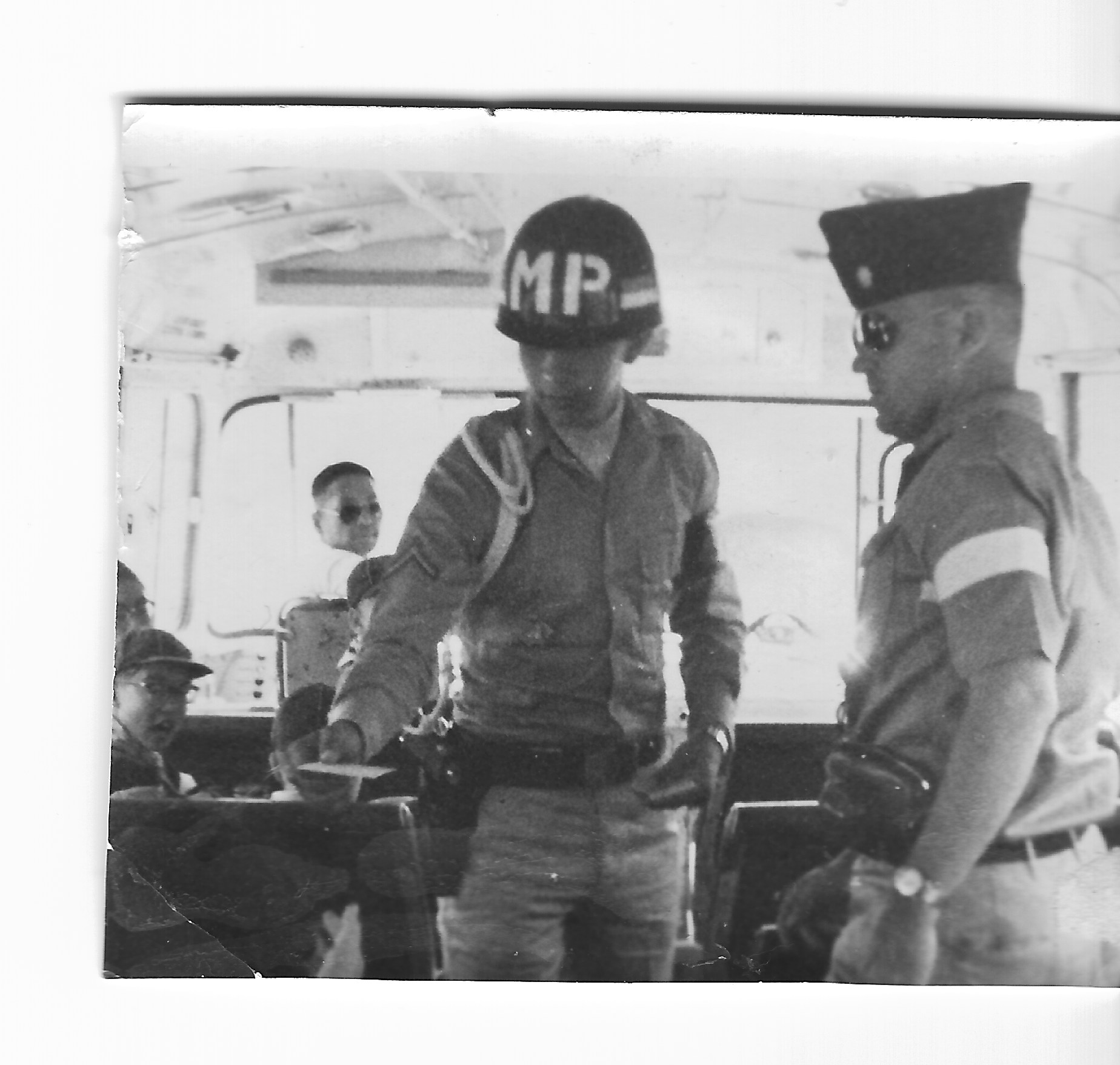
I just spent an exhilarating week with Korea Peace Activists in DC to push for an end to the Korean War after 70 years. To mark the occasion, I've posted an article on my experiences at the DMZ in 1960 and 2023 - 63 years apart. Lessons: The war is not over and the USA still controls the inter-Korean border.
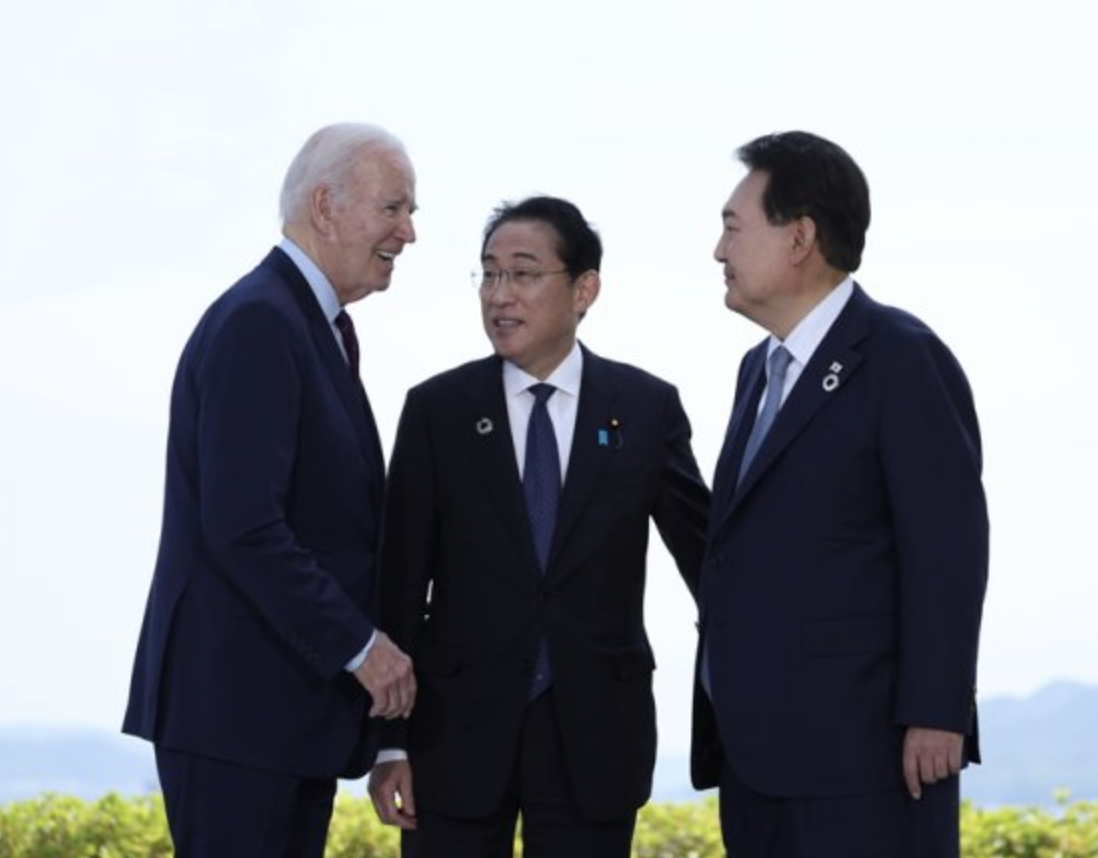
The United States has been trying to create a trilateral alliance with Japan and South Korea since the late 1940s. Under President Biden and his "Asia Czar" Kurt Campbell, it has nearly succeeded. But there's a huge disconnect between Washington's constructs and the people of South Korea and Japan.
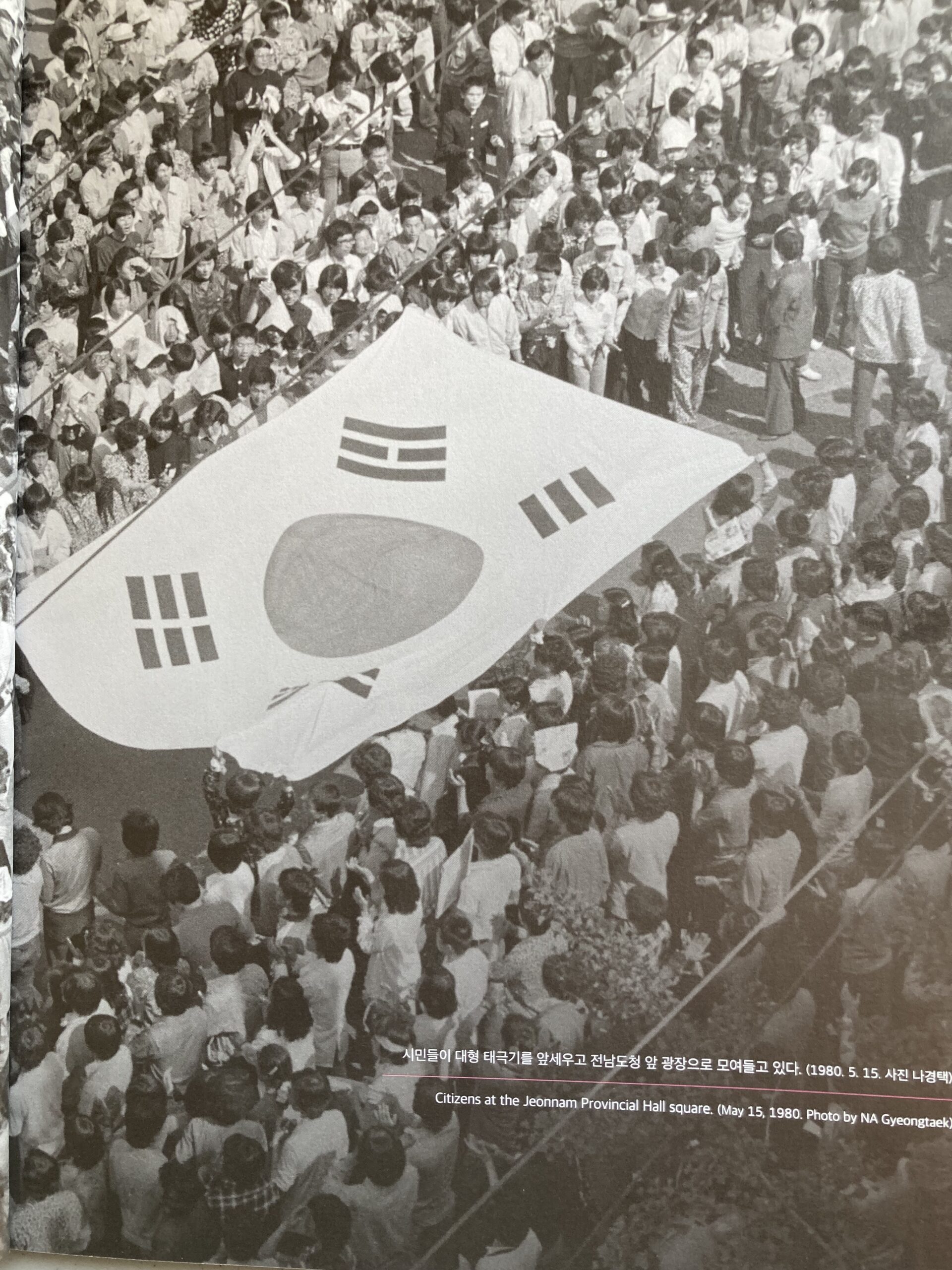
The events of May 18 to May 27, 1980, in photos, from from "Records of the May Uprising," a new book published by the 5.18 Archives in Gwangju. Some are familar, others have never been published before. An incredible monument to the brave people of Gwangju during an unforgettable time in Korean history.
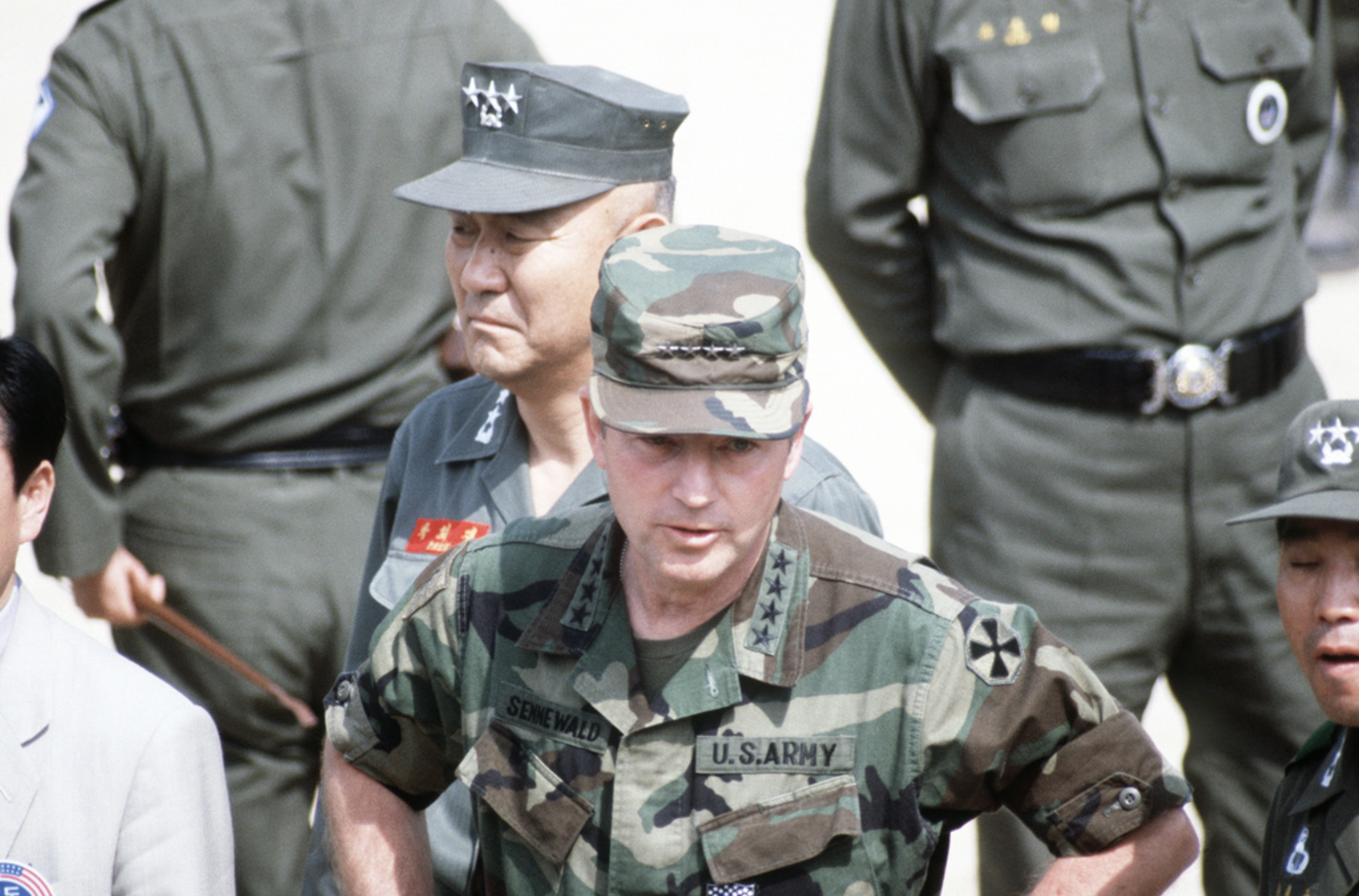
NEW: A South Korean truth commission created by law in 2019 is seeking classified U.S. military and intelligence records for its wide-ranging investigation into the Gwangju Uprising of 1980. It also wants answers about South Korean generals who were trained by U.S. Special Forces and fought with the United States during its counterinsurgency war in South Vietnam. Washington has not responded - yet.
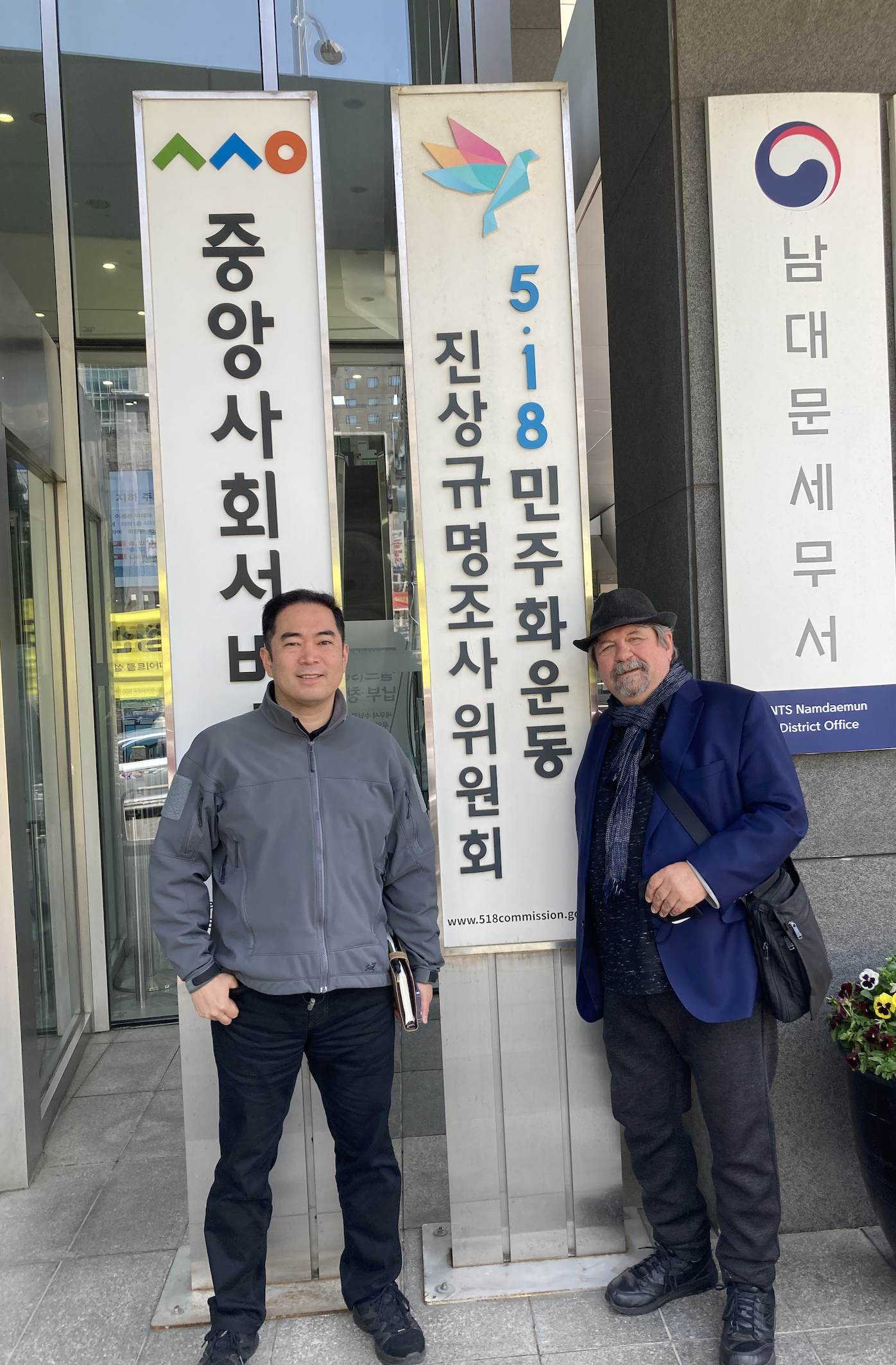
My collection of documents is now being used as key evidence in the work of the 5.18 Truth Commission in Seoul, which was created by law in 2019 and will deliver its initial report to the public in June, 2023, I will be reporting on this commission shortly. PATRON-ONLY CONTENT.

On the night of April 12th, I finally got my chance to hear Bob Dylan in Tokyo. It was like coming full circle: I’d first heard of Bob in 1964, when I was in 8th grade at the American School in Japan.
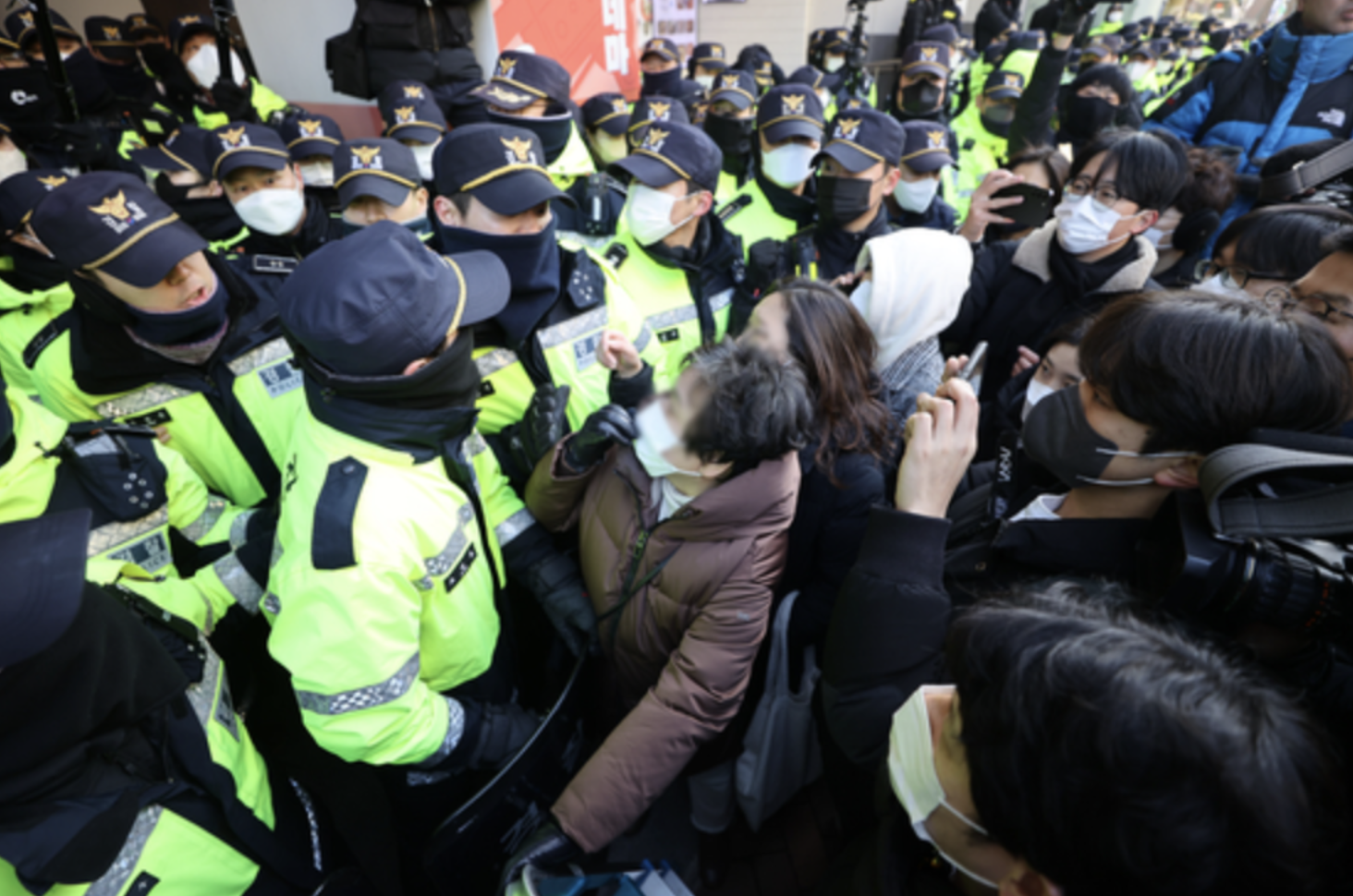
In scenes reminiscent of South Korea's authoritarian past, South Korea's National Intelligence Service - the successor to the once-dreaded KCIA - raided the headquarters of the country's second-largest and most militant labor federation on Wednesday morning. Security forces also raided a "peace shelter" on Jeju Island that is dedicated to remembering the Sewol, a passenger ferry that capsized off the coast of southern Korea in April 2014.
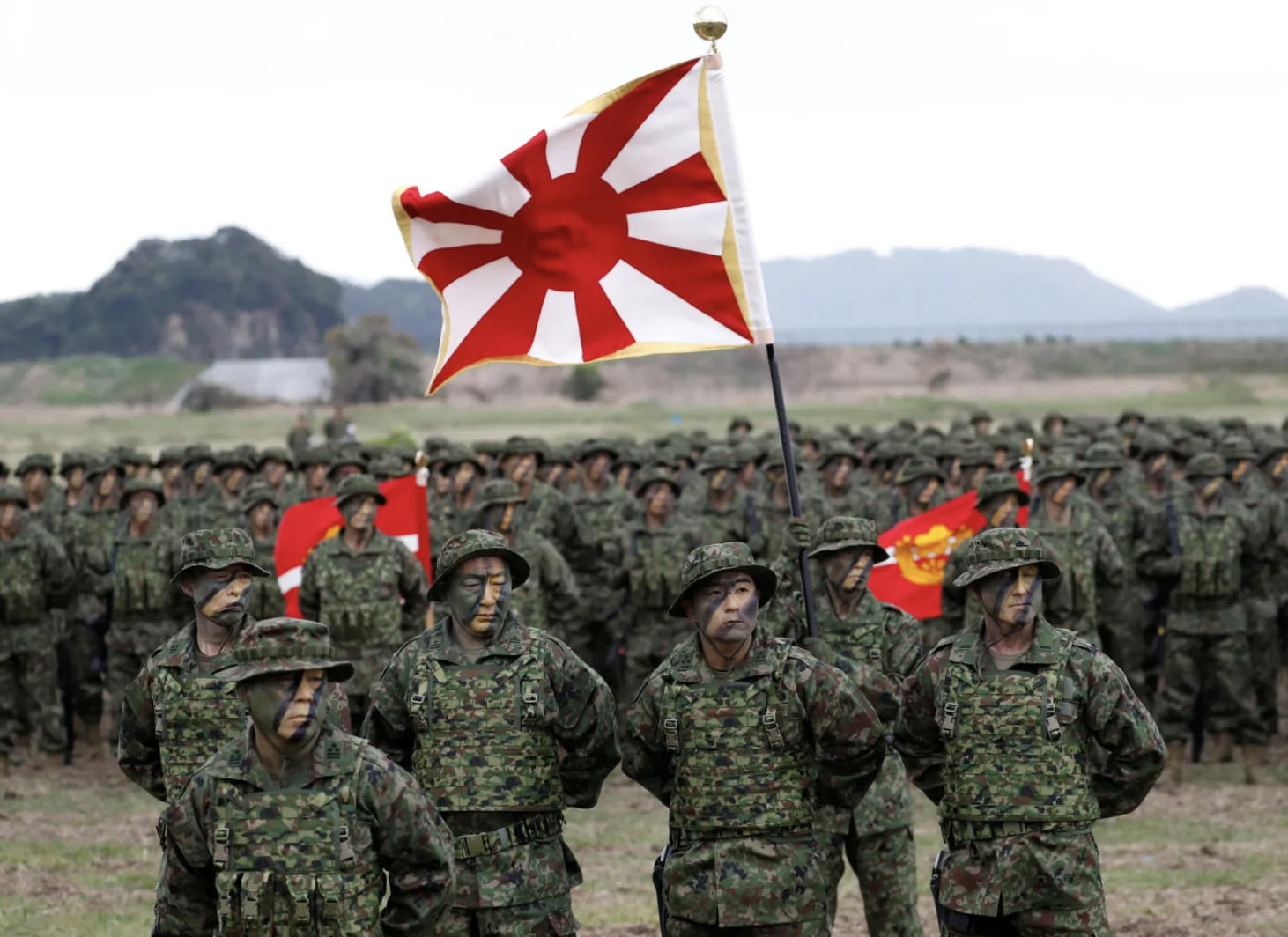
Due to its defeat in World War II, Japan's "great imperial army" was dissolved. Immediately after the outbreak of the Korean war in 1950, however, General Douglas MacArthur, Commander-in-chief of the occupation army, ordered the Japanese government to establish a national police reserve force. Here is the story of Japan's Self-Defense Forces and their special relationship to South Korea. From the AMPO Magazine archives, 1979, with an update on how the SDF was funded.

My Great-Grandfather, Henry Savage, fought at Antietam and helped turn the Confederate tide. But what would have happened if Britain and France had backed the South in its war against the Union? The Korean War offers a sobering answer.
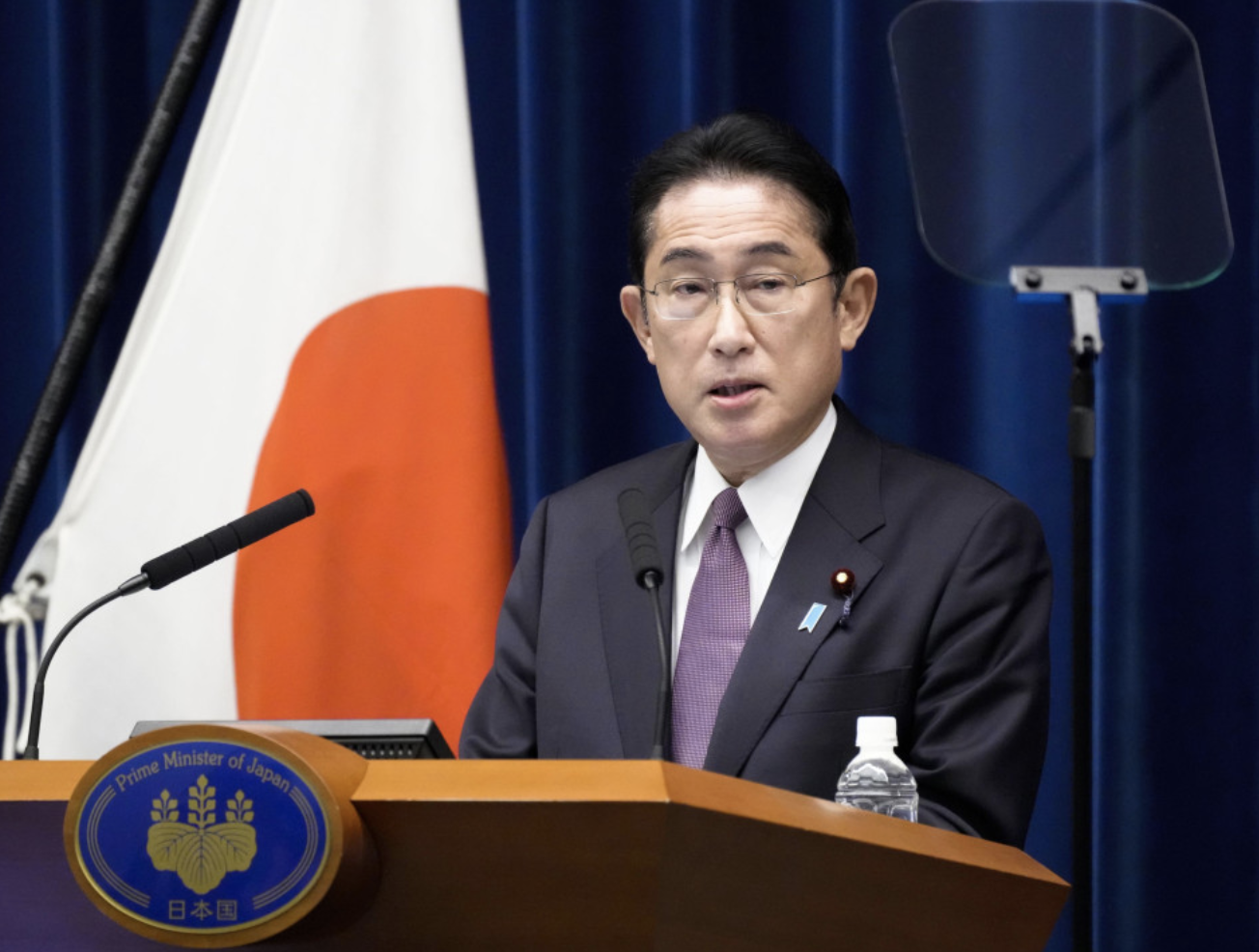
With barely any notice from the US media, Japan's conservative LDP government has embraced a counter-strike strategy - giving it the ability to strike enemy bases overseas - for the first time since 1945. The announcement has sparked protests in South Korea and Japan and generated outrage in North Korea and China.
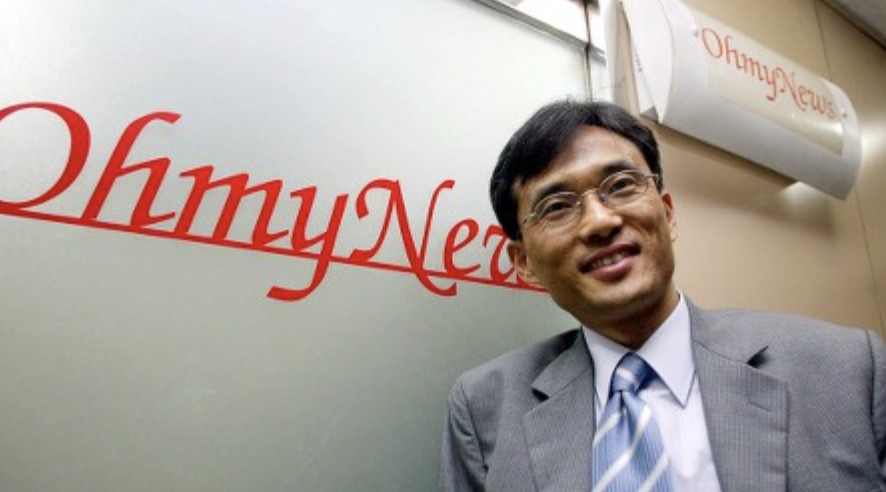
South Korea's Oh My News became a global sensation in 2002 by running dispatches from ordinary citizens and freelance journalists that broke through the lies and controlled news that became the norm during South Korea's dark period of authoritarian government.
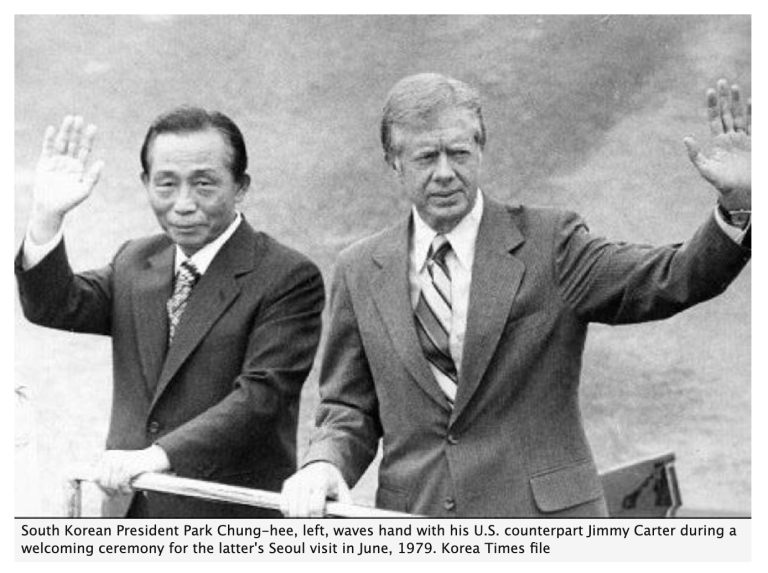
Declassified documents from October 1979 underscore U.S. determination to maintain the status quo in South Korea at a critical point in the country's history. Jimmy Carter doesn't look too good in this narrative.
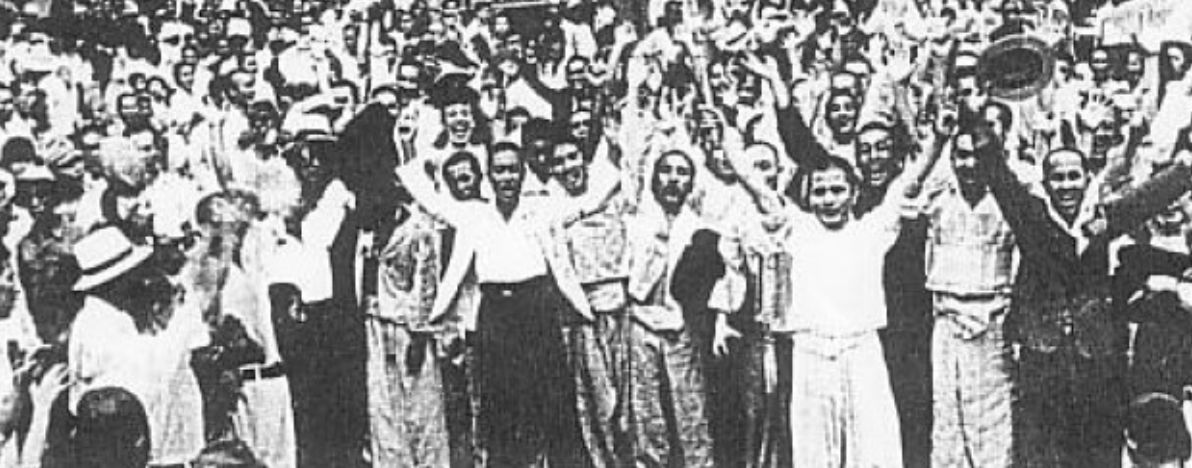
This document found in the National Archives provided an astute analysis of how Japanese colonialism warped Korean society in essential ways. It was probably written by a New Deal-type economist originally assigned to Japan by General MacArthur's occupation forces.
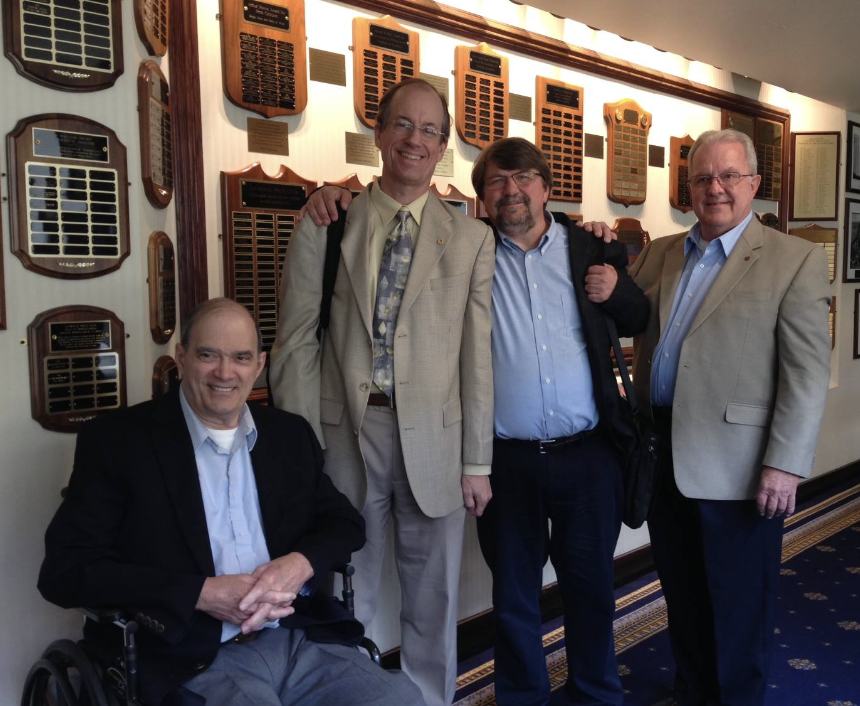
How a toxic mix of cronyism and fraud blinded the National Security Agency before 9/11. My 2013, pre-Snowden, story with Tom Drake, Kirk Wiebe, Bill Binney, and Ed Loomis. One of the best stories I ever did for The Nation.





















